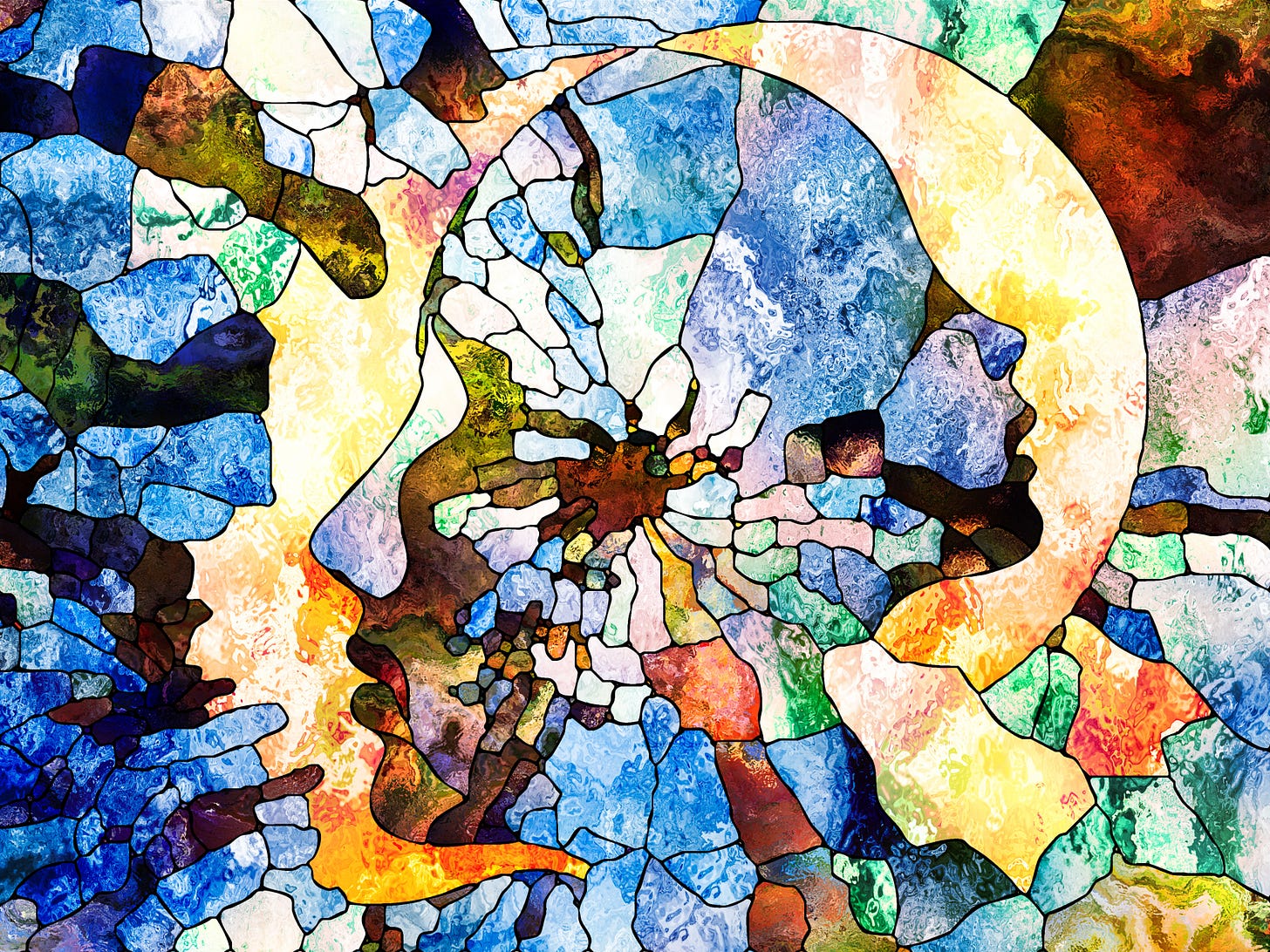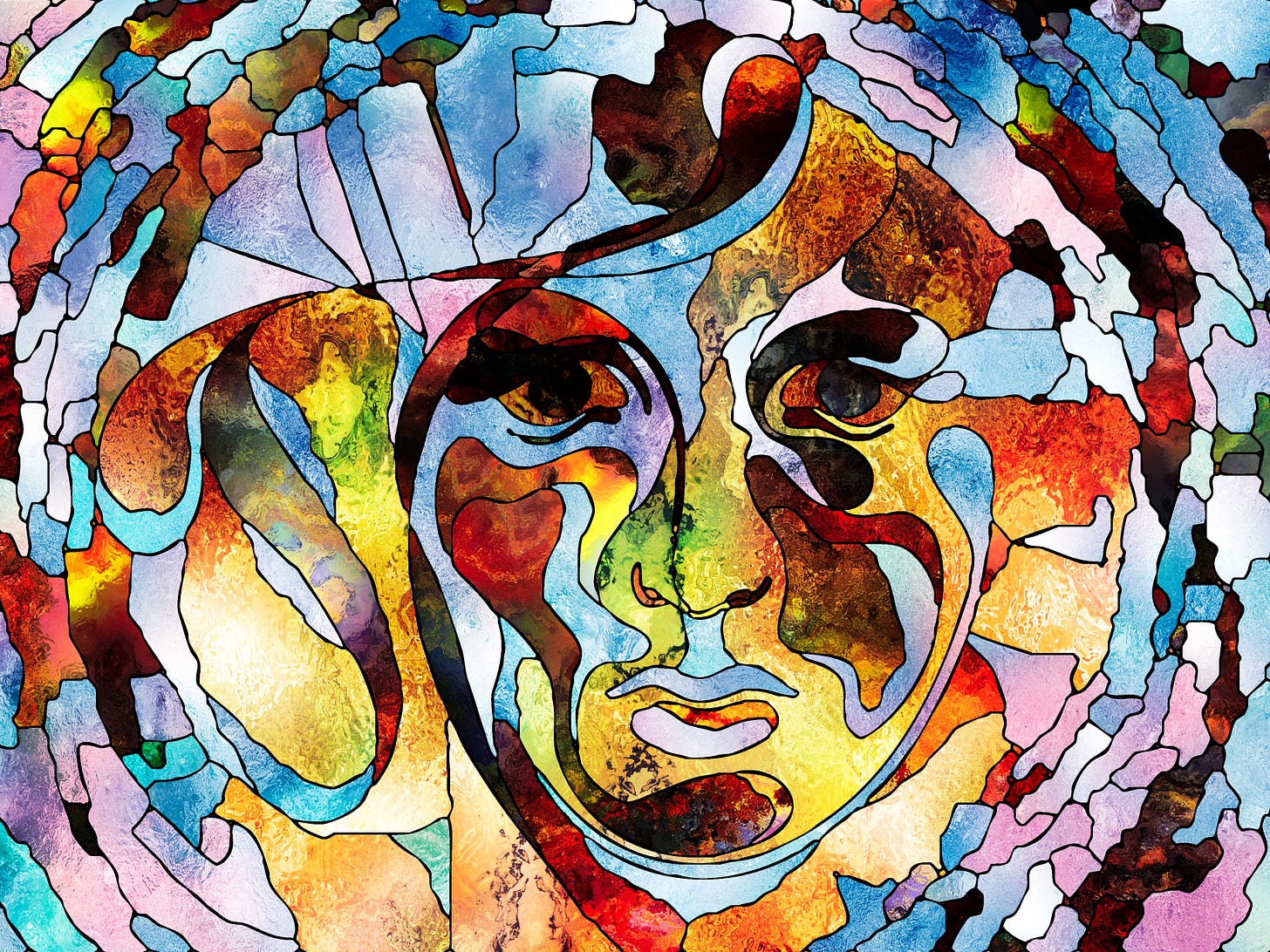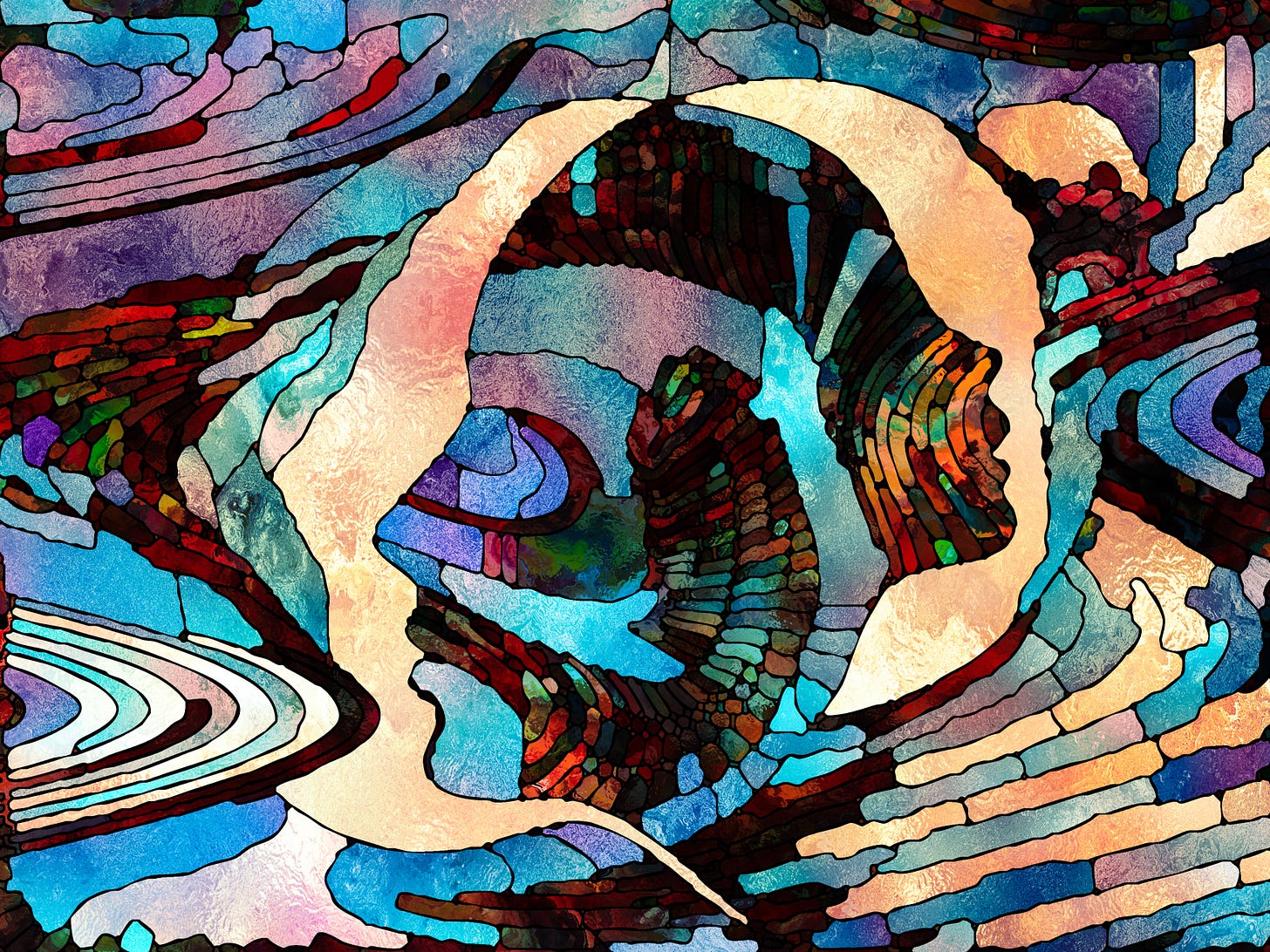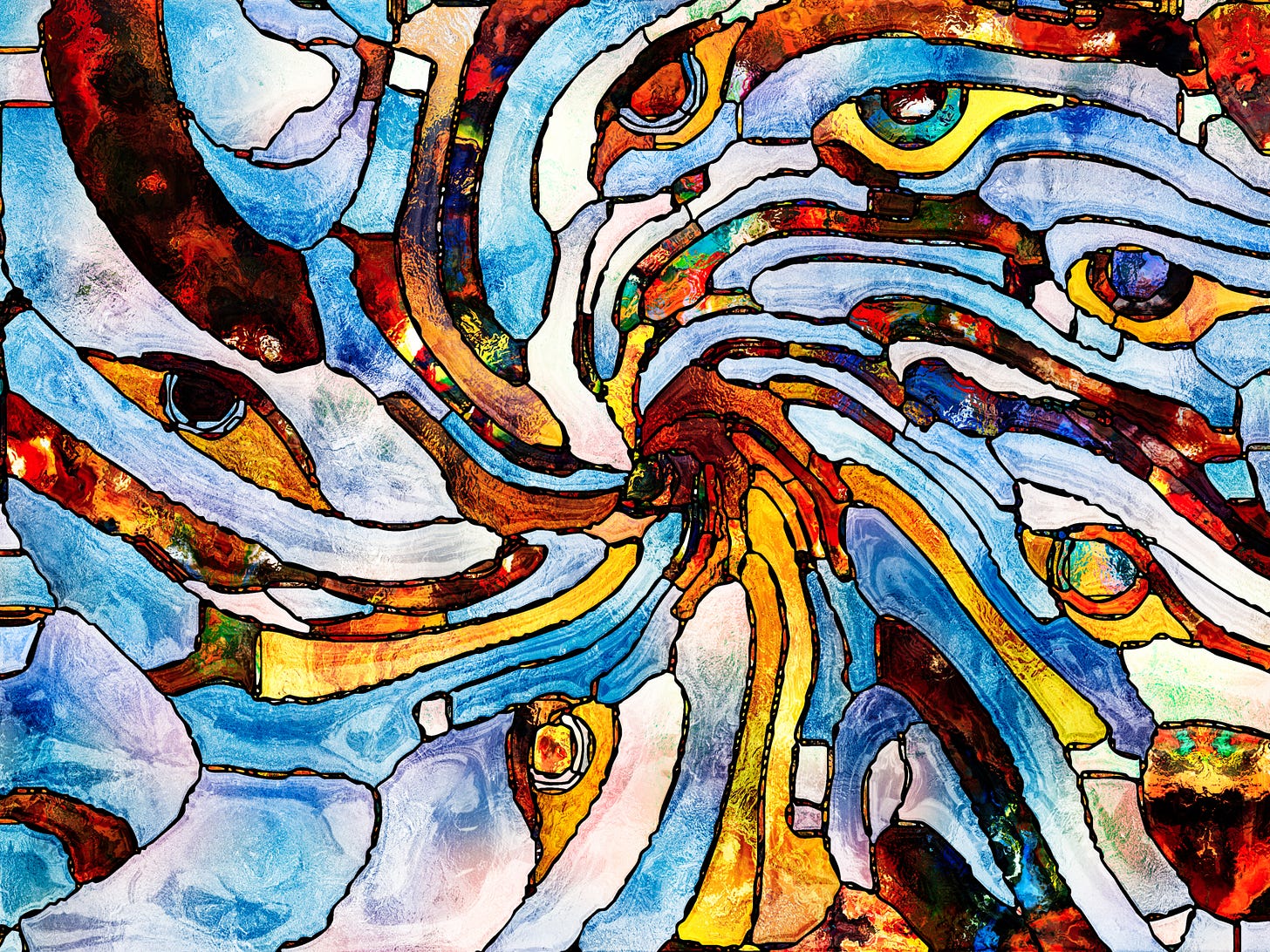Navigating Through Suspicious Country
All I learned about philosophy was from a cancer patient that I never met.
As part of my liberal arts education, I was required to take an introduction to philosophy class. All I recall from that experience is a semester of stumbling out of a dark auditorium into bright afternoon sunlight, my head swimming with circular questions. I’ll take a 3-hour chemistry lab any day, I remember thinking.
Many years later, a woman named Nina Riggs introduced me to the French philosopher Michele Montaigne. I didn’t know Nina, although many of my colleagues did. A young mother with rapidly progressive cancer, she chronicled her brief time from diagnosis to death in a blog called Suspicious Country which she turned into a memoir (Bright Hour) that was published shortly after she died.
Riggs was obsessed with Montaigne. So many of her posts, including the title of her blog, centered around his work. All of my knowledge of Montaigne comes from Nina. And the results of a Google search I preformed to learn about his contributions and how to pronounce his name. (“mahn-tayn” according to Google. In my head it sounds like how my friend from Louisiana pronounces “mountain” in her slow Southern drawl.)
Nina’s favorite essay is one in which Montaigne describes with jarring objectivity the premature death of his brother after being hit in the head with a tennis ball.
He did not sit down or rest, but five or six hours later he died of apoplexy caused by the blow. With such frequent, common examples passing before our eyes, how can we possibly get rid of the thought of death; how can it not seem at every moment to be gripping us by the throat?
As a resident of 16th century France, Montaigne was clearly no stranger to death – childbirth, cholera, tuberculosis, war. The bubonic plague alone killed a quarter of Europe’s population in the 14th century. Life proceeded on tenterhooks, one capricious wrong turn leading to the end of one’s existence. A brother dying after a tennis injury? Just another Tuesday.
Montaigne’ s radically different approach is what makes his writing so remarkable for the time and also relevant for today.
As for death itself, it is inevitable. And consequently, it frightens us. It is a continual source of torment that cannot be assuaged at all. There is no place which it may not come from; we may keep turning our heads ceaselessly this way and that, as in suspicious country.
Suspicious Country? Yeah, I know that place.
I’ve navigated thousands of patients through cancer’s undulating terrain. Sometimes it is a straight path to survivorship. Other times, it is a bit more complicated, more tennis balls being tossed about, patients keeping their heads on a swivel once cancer makes its appearance.
When a horse stumbles, a roof tile falls, however slightly a pin pricks, let us immediately ruminate on this: ‘So, what if this were death itself?’
I hear this when patients ask me about a new back pain, a sudden headache, or a lingering cough: “Doctor Wentworth, tell me the truth. Is this death itself?”
Despite bands of roving marauders who frequently target rich landowners, Montaigne never placed guards around his estate or a moat around his manor. He frequently left the front door unlocked. He acknowledged terror could come; not exactly welcoming it but not preventing it from letting itself in either. In word and deed, he lived in harmony with the possibility of death.
I want death to find me planting my cabbages, not concerned about it or—still less—my unfinished garden.
Is that where I want death to find me? In a garden where I am equally unconcerned over it and my cabbages? Forgive me for mixing philosophies here (see above re: my philosophy education) but that seems a bit too Zen for me. But, Montaigne argues, what other choice do we have?
Go looking for death?
Worry constantly about death’s arrival, moving back the curtains and checking our Ring cam?
Never consider death and be surprised when it shows up?
In his essay The Cure for Racism Is Cancer, writer and cancer survivor Tony Hoagland describes the land of cancer:
This place bears a passing resemblance to those old photographs of Ellis Island — so many travelers come from afar, sitting with their papers and passports, hunched on wooden benches with luggage at their feet, waiting to find out if they will be admitted and advanced to the next stage in the process. Some of the travelers are dressed in pajamas and slippers; some have on shiny blue tracksuits and Nikes; and some wear suits and ties, as if being presentable will make a difference. The shabby and the affluent, the stoical and the anxious, the scrawny and the stout, the young and the aged. If we are tense or pace restlessly, it is because we are aware that we may, on short notice, be swiftly deported. And because of this, perhaps, our hearts soften.
Maybe the secret to traveling through Suspicious Country is to know that you are not alone. To remember that you don’t start over. You bring stuff (and people) along to help navigate the road ahead.
And while stopping over in this country that you never planned to visit, you are surrounded by other unwilling travelers.
What does that journey look like? Who will you bring with you and what will you leave behind?
And where will death find you? For me, perhaps in my garden planting cabbages.









Thank you for this. It is such a challenge, not wanting to think about death, but knowing that it will come. I have not read Montaigne; you’ve just convinced me I should.
Who did all the beautiful art?